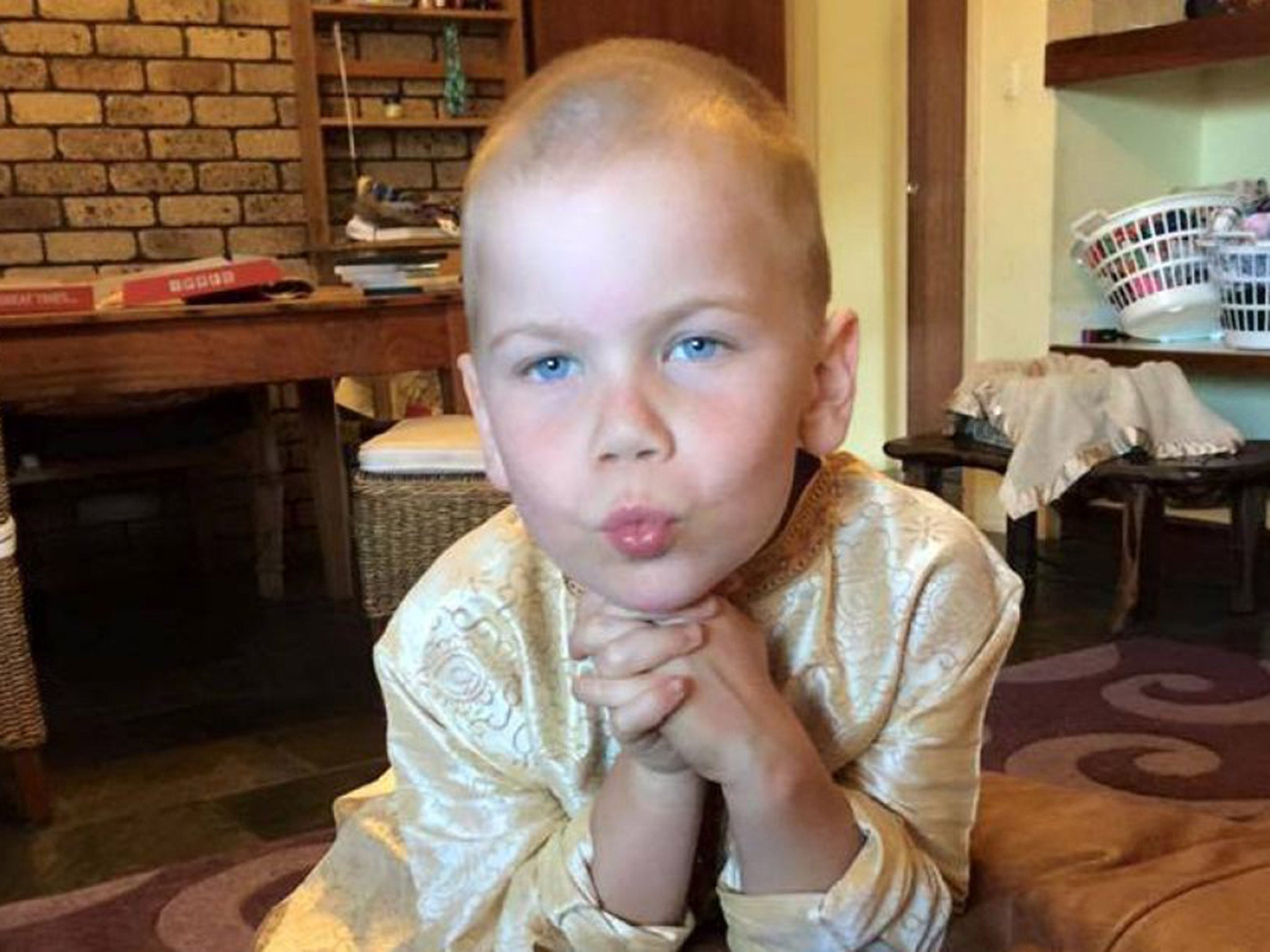Australian parents win right to reject chemotherapy treatment for their six-year-old son
Family Court Justice Richard O'Brien ruled that Oshin Kiszko's best interests would be served by palliative care for the rare brain cancer he suffers from

An Australian couple have won the right to withhold potentially life-saving cancer treatment from their six-year-old son.
Family Court Justice Richard O'Brien ruled that Oshin Kiszko's best interests would be served by palliative care for a rare brain cancer known as medulloblastoma.
“It is not about overarching considerations as to the right to life or the right to a peaceful death, nor is it about a philosophical consideration of the best interests of children generally,” O'Brien said. “This case is solely about Oshin Kiszko, and how to determine what is in his best interests as a unique individual child in the specific circumstances which he now faces.”
The boy was diagnosed with the malignant tumor last year, but his parents, Angela Kiszko and Adrian Strachan, opposed the treatment recommended by doctors due to the risk of severe side effects, which include permanent intellectual impairment.
The Princess Margaret Hospital in Perth obtained a court order in March that forced Oshin to receive chemotherapy and he was given two cycles of the treatment.
The court considered the hospital's application in May that Oshin should also be given radiotherapy. The court accepted the parents' pledge to continue chemotherapy instead.
The hospital's ethics committee was divided on whether Oshin should undergo cancer treatment.
But the case was back in court last week after the hospital and parents agreed there was no longer any benefit in continuing chemotherapy alone.
The hospital made a court application to force Oshin to have further medical treatment, including radiotherapy and chemotherapy. His parents argued he should receive palliative care.
After Oshin underwent brain surgery in December, he was given a 50 to 60 percent chance of surviving for five years if he underwent both chemotherapy and radiotherapy. His parents argued they should focus on improving his quality of life through palliative care.
“Specialist medical opinion confirmed that the delay in therapy had substantially reduced Oshin's chances of a cure, which are now remote,” O'Brien said.
Generally in Australia, parents have the right to refuse a doctor's recommended treatment for their child. But a court can intervene if the parent's decision appears to go against the child's best interests.
Associated Press
Subscribe to Independent Premium to bookmark this article
Want to bookmark your favourite articles and stories to read or reference later? Start your Independent Premium subscription today.

Join our commenting forum
Join thought-provoking conversations, follow other Independent readers and see their replies